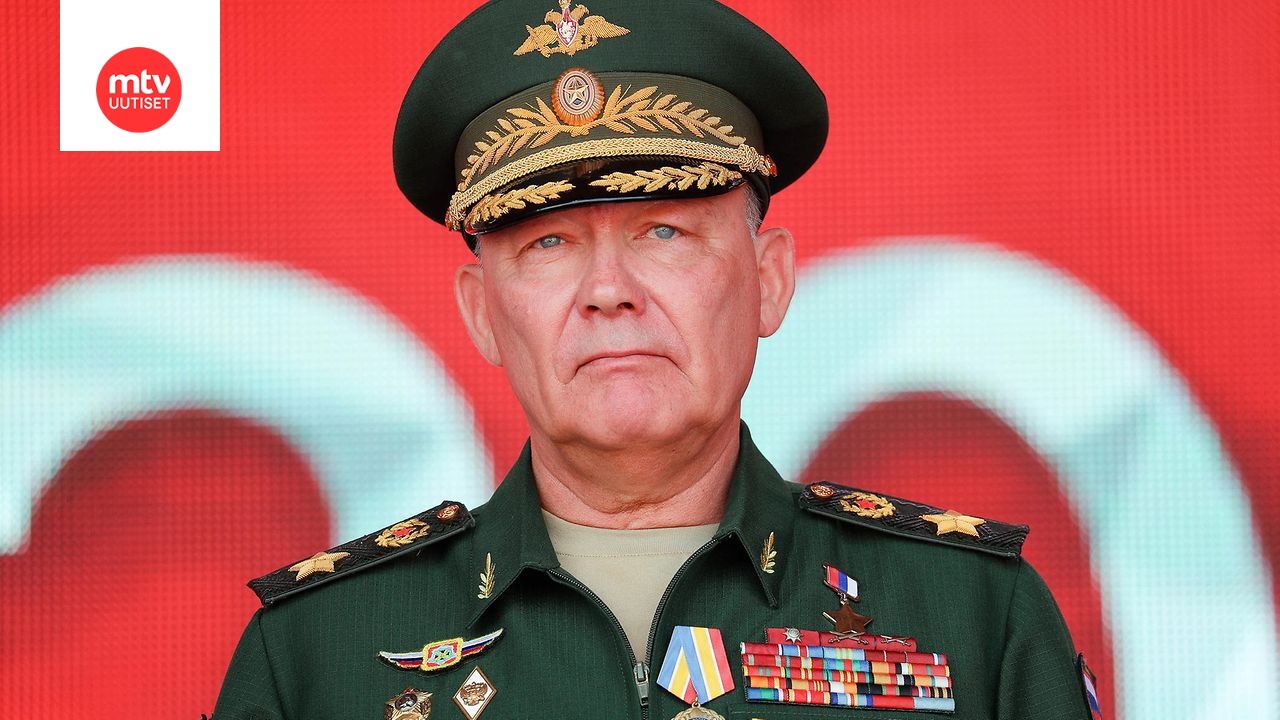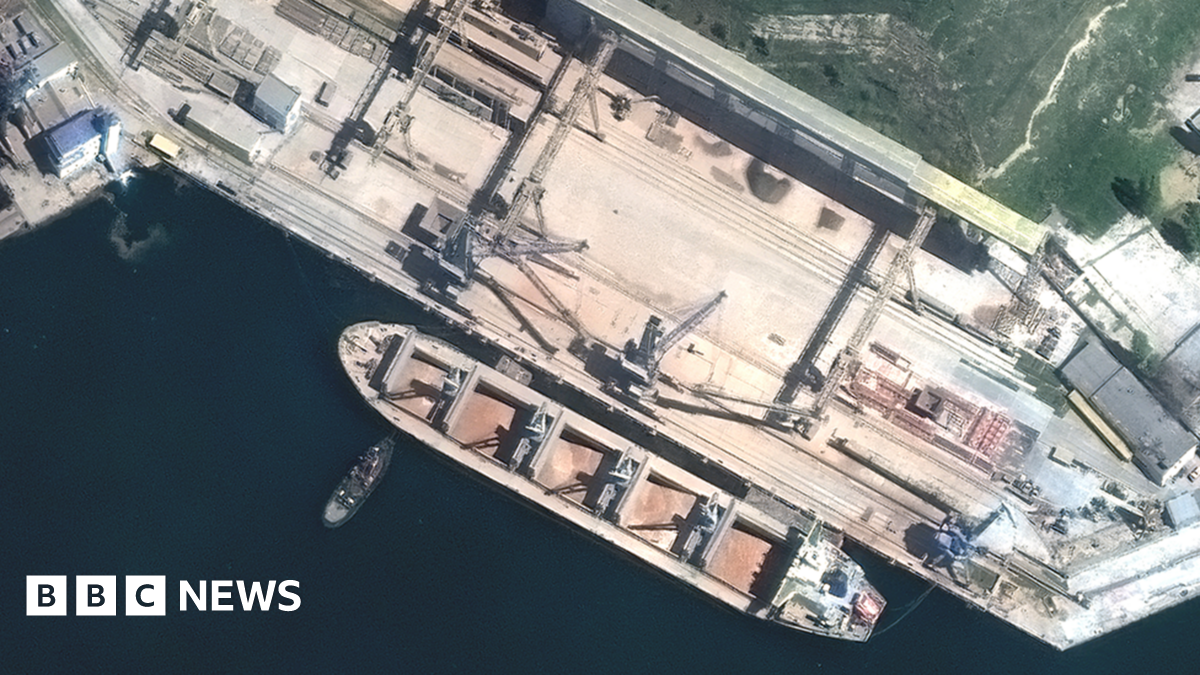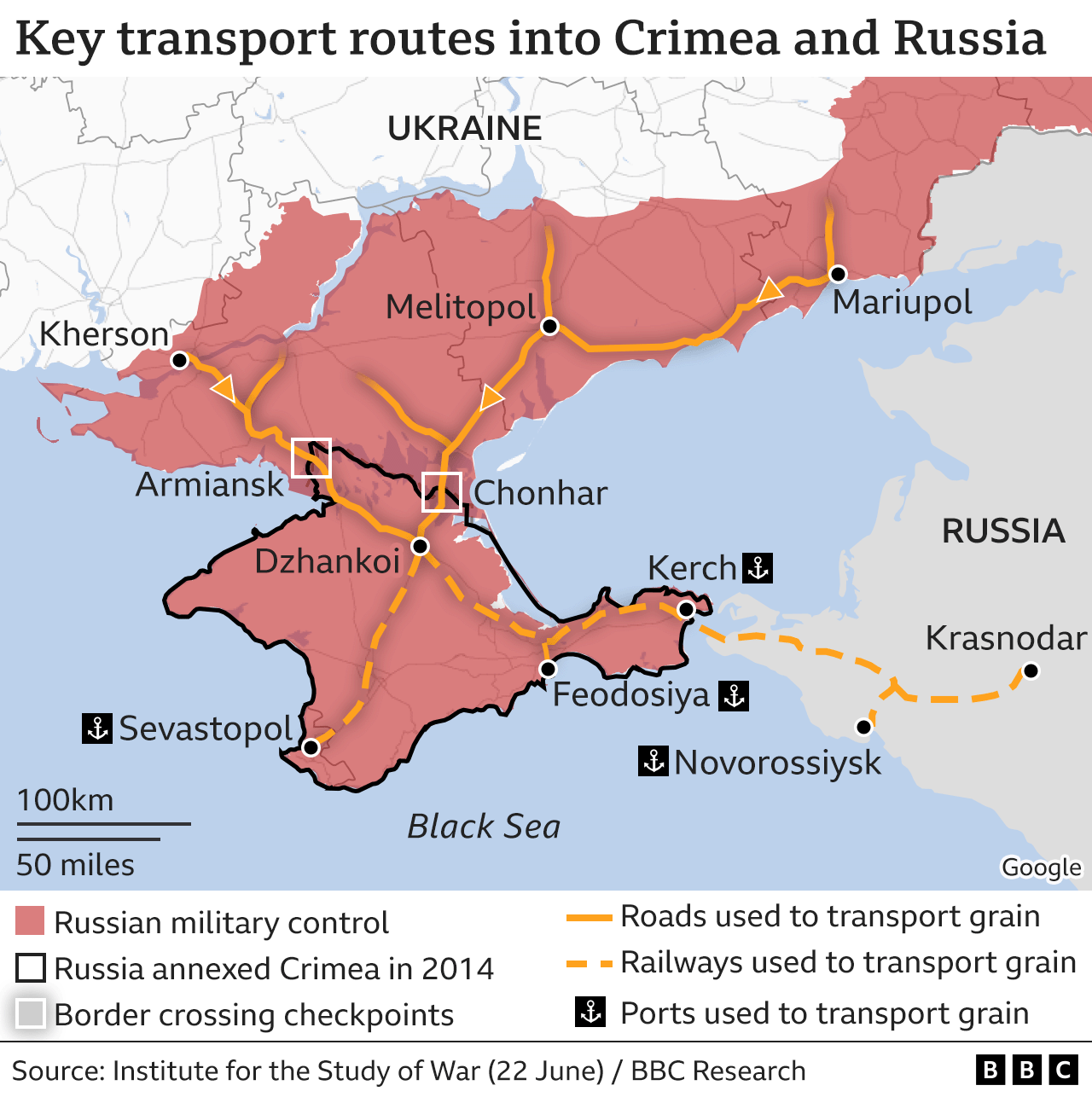Antares
Respected Leader
Trent ehkä ylianalysoi tällä kertaa. Ponttooniauton tärkein ominaisuus on sillan lisäksi renkaat ja moottori. Ihan tervettä järkeä suojata näitä pienellä vaivalla, kun vesistöjä tuolla ylitetään jatkuvasti.
Venäjä on myös (väitetysti) menettänyt paljon ponttoonikalustoa kun yrittivät Donets-joen yli useaan kertaan. Sen jälkeen ollut toki puhetta että ovat tuoneet lisää kalustoa Venäjältä, mutta siitä huolimatta arvaan ettei niitä ole tuhlattavaksi asti.
Trentillä joskus mopo keulii, mutta ei hän sinänsä ole väärässä: renkaat ovat herkkiä luodeille ja sirpaleille (jopa sotakäyttöön tarkoitetut) ja jos joudutaan järjestämään odotettua enemmän vaihtorenkaiden kuljettamista rintamalle, se on pois muusta logistiikan kapasiteetista. Yksi päänsärky lisää, vaikkei olekaan suuri katastrofi.

 Vaipparatkaisu vaikuttaa nerokkaalta.
Vaipparatkaisu vaikuttaa nerokkaalta.




